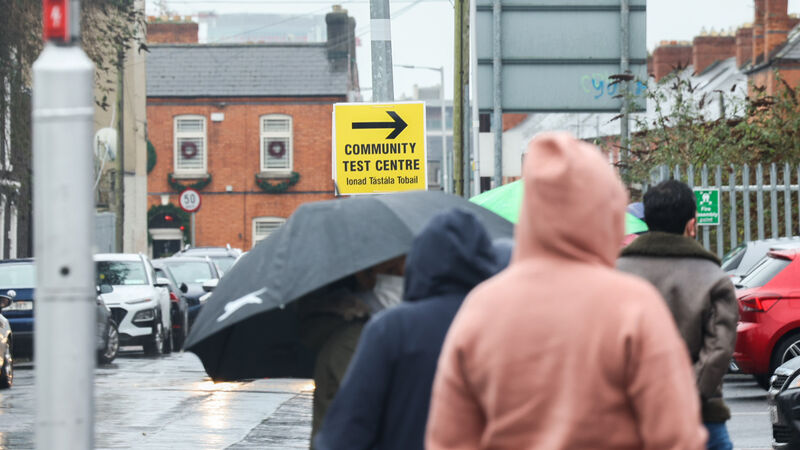Gatherings of four households 'simply not safe', warns CMO

The Irish testing system is running at maximum capacity
Pressure is mounting on the Government to intervene on the cost of antigen testing after it last night announced substantial changes to the testing requirements for suspected cases of Covid-19.
As a record 20,554 new cases were announced — the fourth new daily record this week, Dr Tony Holohan, the chief medical officer, expressed fears about the rapid spread of the virus, with Omicron now accounting for over 90% of cases.











